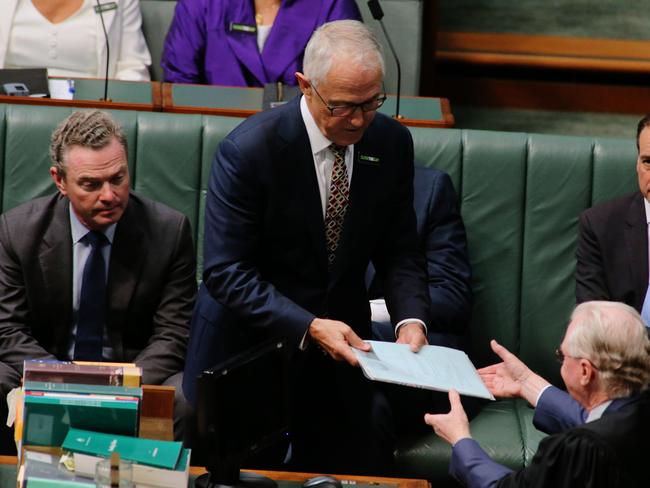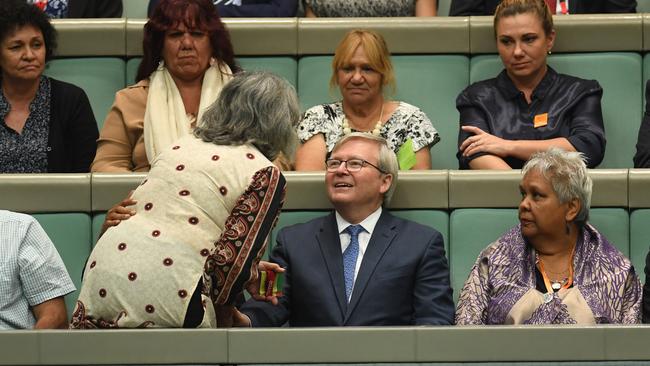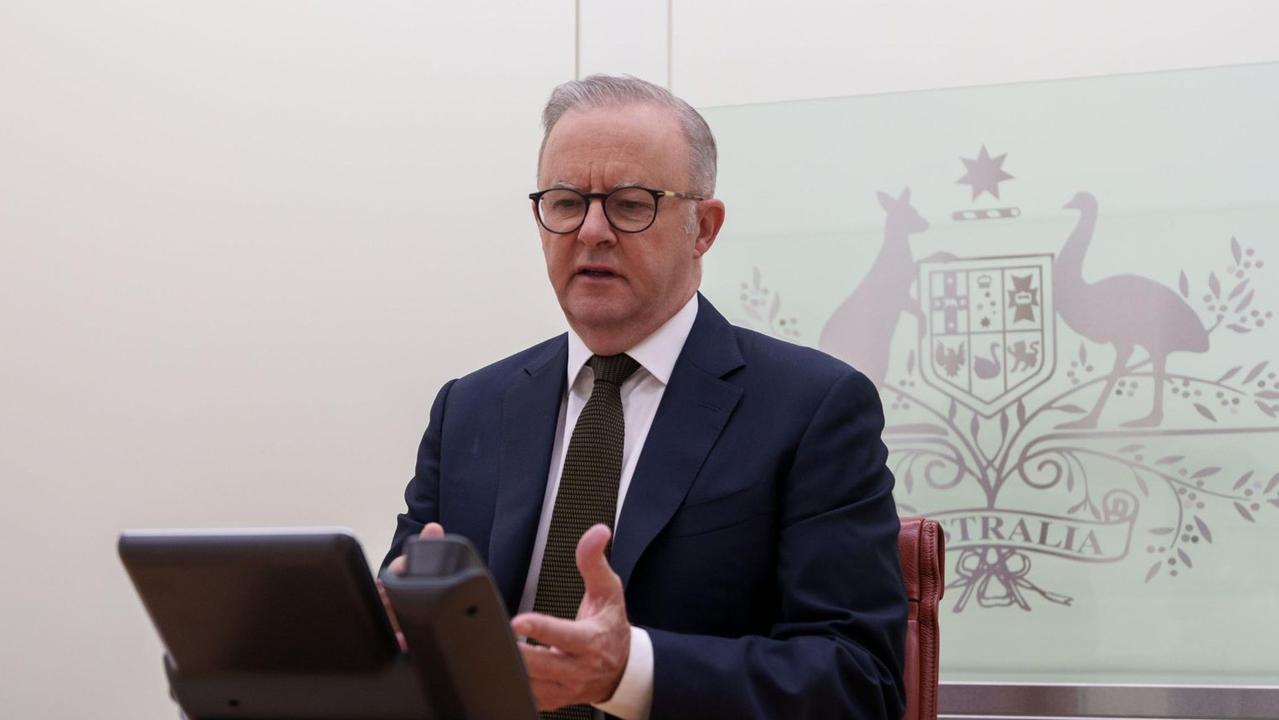Anthony Dillon: No easy answers in effort to close the gap
HELPING Aboriginals requires a new mindset that sees Aboriginal people having the same fundamental needs as other Australians, says Anthony Dillon.
Opinion
Don't miss out on the headlines from Opinion. Followed categories will be added to My News.
YESTERDAY, just a day after the anniversary of Kevin Rudd’s 2008 apology speech, Malcolm Turnbull presented the ninth “Closing the Gap” update to parliament. But real progress in closing the gap must entail discussing inconvenient truths and making unpopular decisions, which few people in positions of power are prepared to do.
While there have been gains, until leaders start facing inconvenient truths and making unpopular decisions, we can expect future Closing the Gap reports to disappoint.
Closing the gap means addressing questions like:
• What should be done to lower high rates of violence and child abuse in some Aboriginal communities?; and
• What should be done for communities where the people are welfare-dependent because there is little hope of economic growth and development?

Many don’t like these questions because they fear the answers. Any who dare ask such questions risk ridicule. Too many culture warriors prefer to believe that the problems Aboriginal people face are rooted in colonisation, fuelled by rampant racism, and normalised by an uncaring government.
Their dogma is that more money, apologies, acknowledgment, and symbolism are the solutions. Haven’t we tried that repeatedly? Helping Aboriginal people requires a new mindset that sees Aboriginal people having the same fundamental needs as other Australians.

This mindset understands that the commonalities between Aboriginal and non-Aboriginal people far outweigh any differences. The mindset I am speaking of is one that prefers action to ear-tickling rhetoric, long-term thinking over short-term palliatives.
It will seek to address real problems like health, poverty, and violence, rather than indulge in endless consultation, research and claptrap speeches.
Most importantly, this new mindset must capitalise on the fact that Aboriginal people are capable of achieving much when given the opportunities that most Australians take for granted.
The new mindset must not bow to political correctness, and must never fall for the line that Aboriginal affairs is the business only of Aboriginal people. Rather, the new mindset must affirm that Aboriginal affairs is every Australian’s business.
There has never been a better time than now to fully embrace our new mindset. The goodwill of Australians towards Aboriginal people is enormous — but it is not limitless.
If we fail to act now, the next generation will be blaming us for yet another lost generation of Aboriginal Australians. That will not just be a loss for Aboriginal Australians, it will be a loss for all Australians. How much has Australia already lost through failing to recognise and nurture Aboriginal talents? Never forget — as Australians, we are all in this together.
Anthony Dillon is a postdoctoral fellow at the Institute for Positive Psychology and Education at the Australian Catholic University and identifies as part-Aboriginal


